Are you gearing up for your first telehealth session? Navigating virtual appointments can feel a bit daunting, but we're here to help make it as smooth as possible. You'll find detailed instructions on how to access your session, prepare your environment, and troubleshoot common tech issues. Curious about the ins and outs of telehealth? Keep reading to discover everything you need to know!
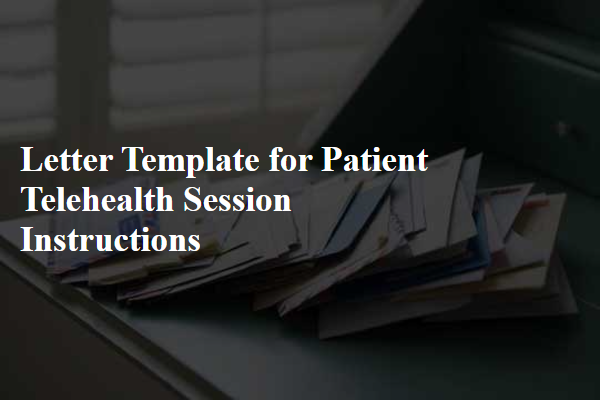
Device Setup Guidelines
For a successful patient telehealth session through platforms like Zoom or Doxy.me, begin by ensuring device compatibility (smartphones, tablets, or computers). Install the required software, ensuring it is the latest version (version 5.0 or higher for Zoom). Navigate to the settings and enable camera and microphone access for seamless interaction. Verify internet connectivity through a stable Wi-Fi network (minimum speed of 5 Mbps recommended). Conduct a test run to check audio and video clarity, preventing technical issues during the session. Choose a quiet, well-lit environment with minimal distractions, fostering an effective communication atmosphere. Ensure your health information is accessible if needed during the consultation, maintaining privacy and security throughout the session.
Secure Connection Checklist
Ensuring a secure connection during telehealth sessions is vital to protect patient confidentiality and data integrity. Begin with checking your device (smartphone, tablet, or computer) for current antivirus software and regularly updated operating systems, important to safeguard against potential cyber threats. Use a reliable internet connection (preferably DSL or fiber) with a minimum speed of 3 Mbps for both download and upload, enhancing video quality during consultations. Confirm the telehealth platform (such as Zoom for Healthcare or Doxy.me) is HIPAA-compliant, adhering to Health Insurance Portability and Accountability Act regulations for patient privacy. Activate a virtual private network (VPN) to encrypt internet traffic, adding an additional layer of security. Additionally, select a quiet, well-lit location for your appointment to maintain confidentiality and minimize distractions. Finally, remember to close unrelated applications and browser tabs before the session to optimize device performance and privacy.
Appointment Confirmation Details
For a telehealth session, detailed appointment confirmation is essential for effective communication between healthcare providers and patients. Patients should receive explicit instructions regarding the date and time of the session (such as November 15, 2023, at 3:00 PM EST), the platform used for the appointment (such as Zoom or Microsoft Teams), and any required login credentials or access links. Patients must prepare for the session by ensuring their devices (like tablets or smartphones) are charged and equipped with reliable internet access to avoid technical interruptions. Additionally, a reminder about necessary documents (such as medical history or insurance information) and potential technical support contact details enhances the overall experience and encourages patient engagement during the virtual consultation.
Privacy and Confidentiality Assurance
Patient telehealth sessions prioritize privacy and confidentiality, essential for healthcare communication. Telehealth platforms, such as Zoom for Healthcare and Doxy.me, comply with HIPAA (Health Insurance Portability and Accountability Act) regulations, ensuring patient information remains secure. Each session may include encrypted video conferencing, protecting personal health information (PHI) from unauthorized access. Patients are encouraged to find a private location during the session, preferably away from distractions or bystanders, to foster an open dialogue about health concerns. Health providers ensure that consent is obtained before recording any session, reinforcing trust and patient autonomy. Additionally, all electronic records of telehealth interactions are stored securely to maintain confidentiality.
Technical Support Contacts
Patients participating in telehealth sessions should ensure proper technological setup for optimal experience. Users require a reliable internet connection (minimum 5 Mbps recommended) and a compatible device (smartphone, tablet, or computer). It is essential to download the telehealth software (such as Zoom or Doxy.me) beforehand, creating an account if necessary. During the session, participants should utilize a quiet space free from distractions, ensuring proper lighting for clear video interaction. If technical issues arise, patients can contact technical support services, available 24/7, via dedicated hotlines or online chat options. Each telehealth platform provides unique support channels, with response times typically under 10 minutes. Maintaining updated software and allowing necessary permissions can prevent common connectivity problems.

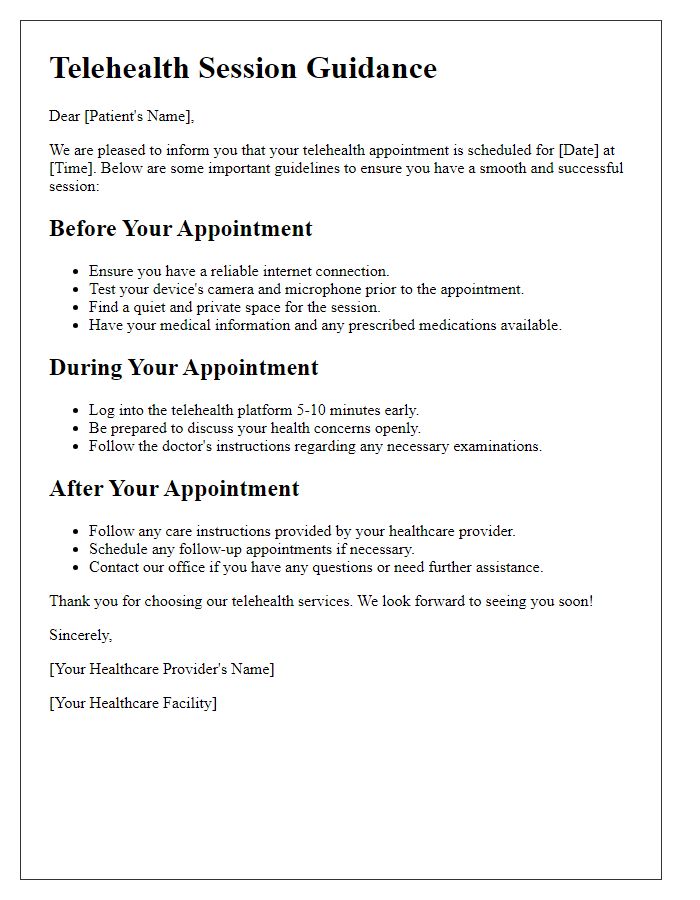
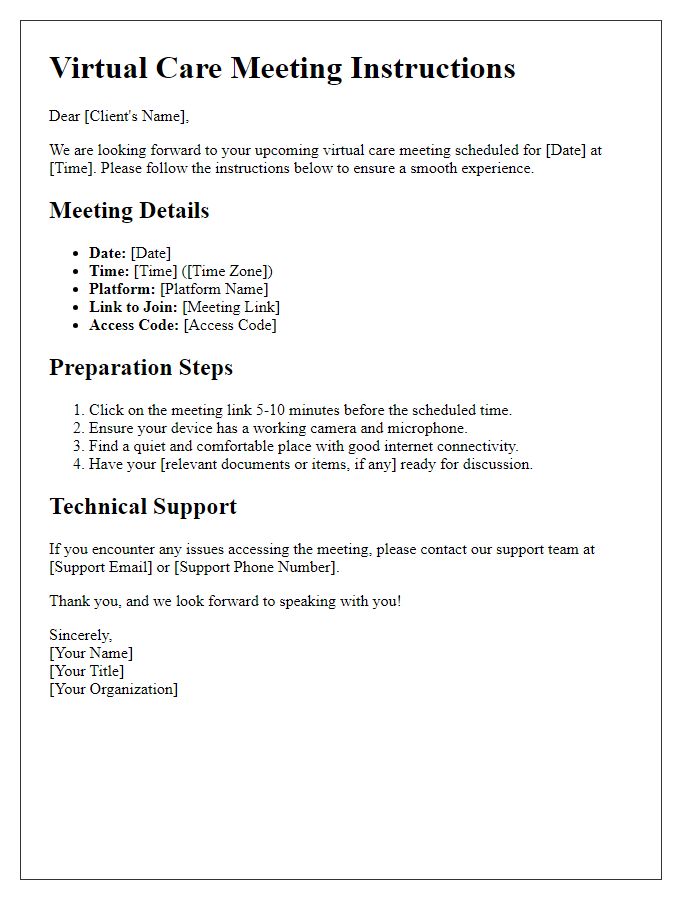
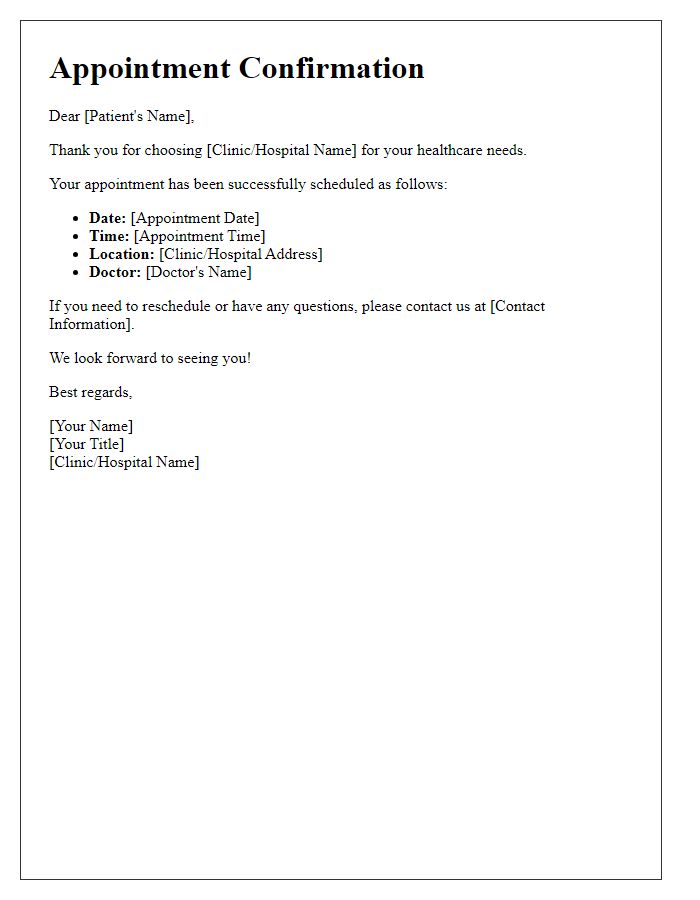
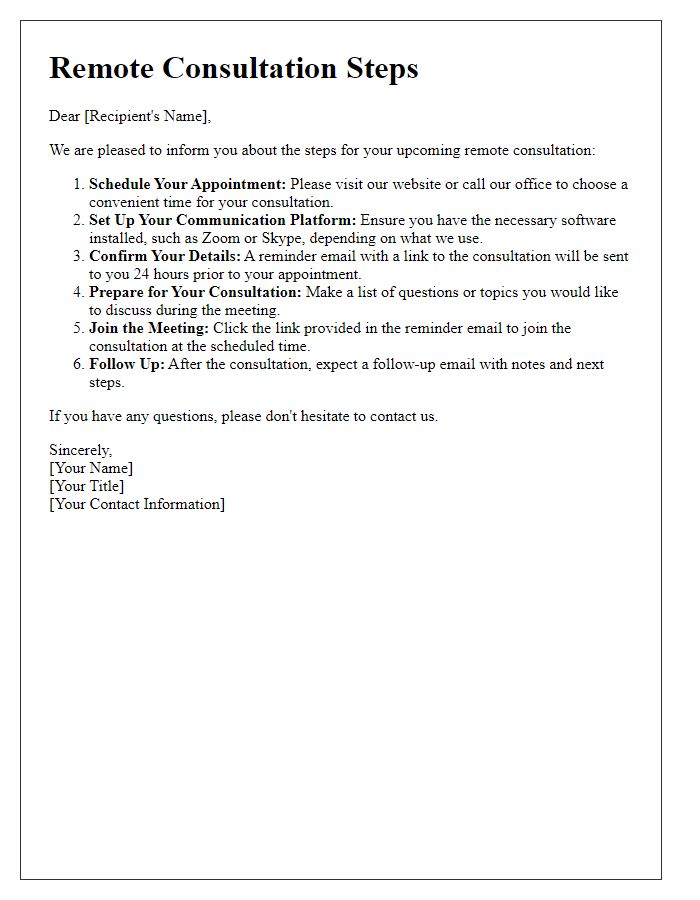
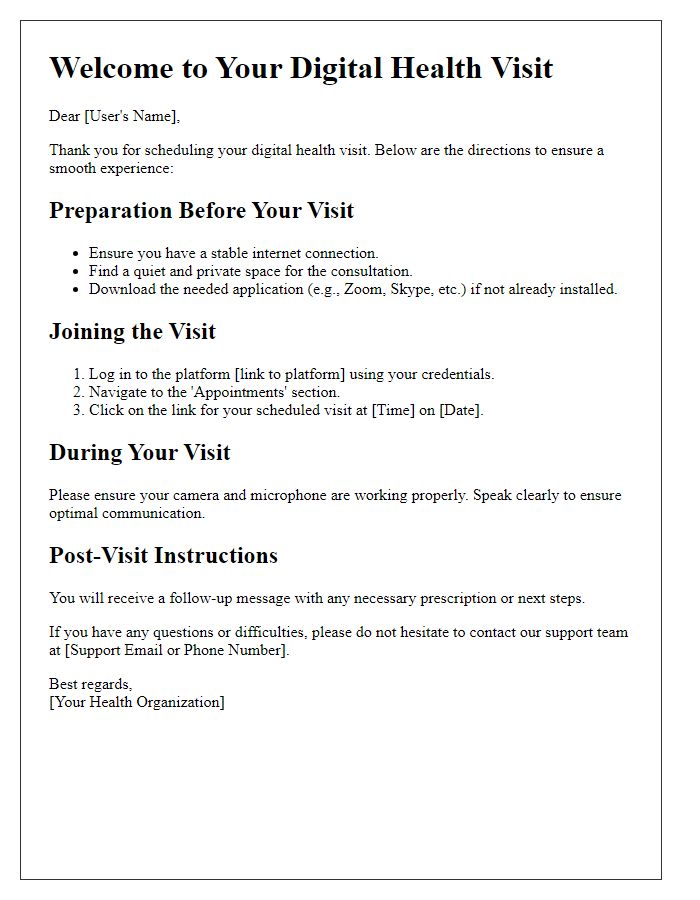
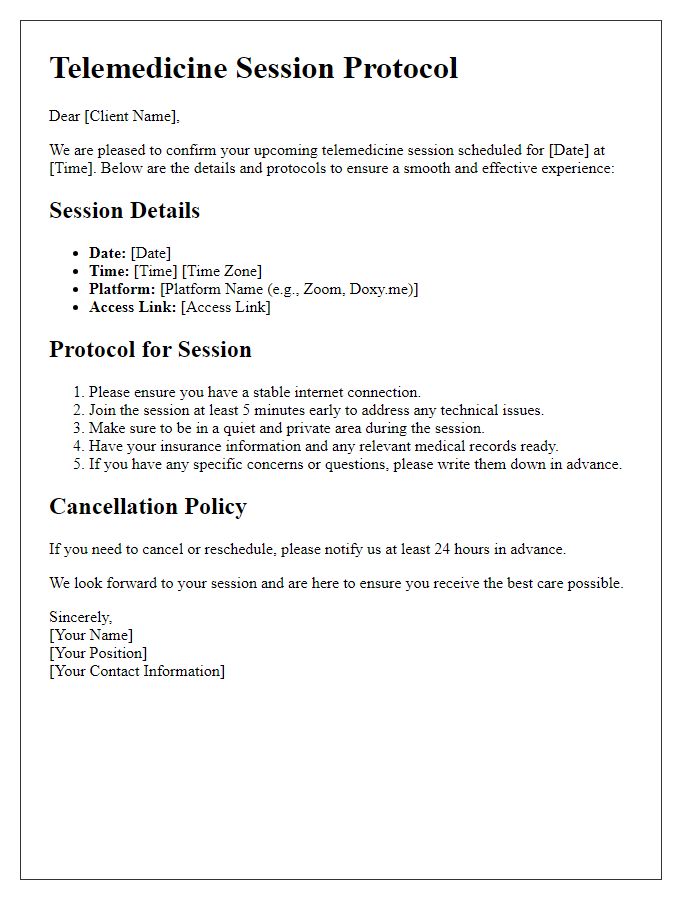
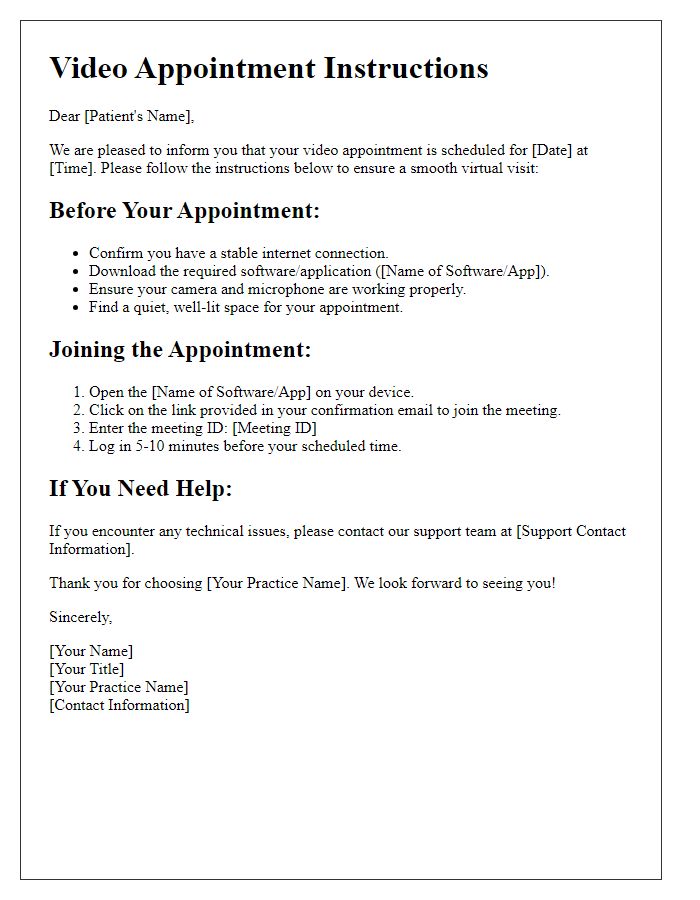
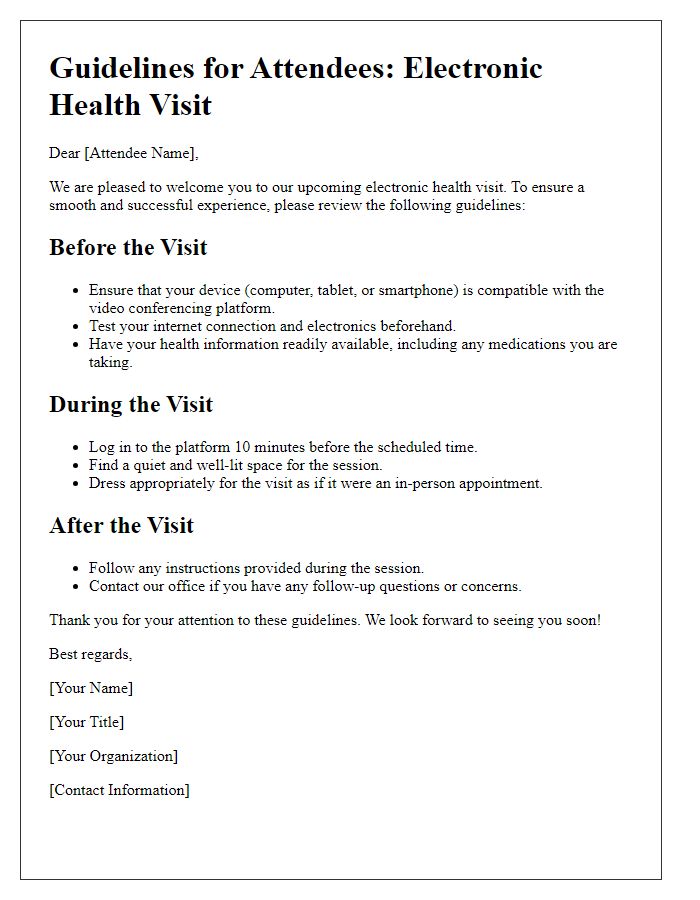
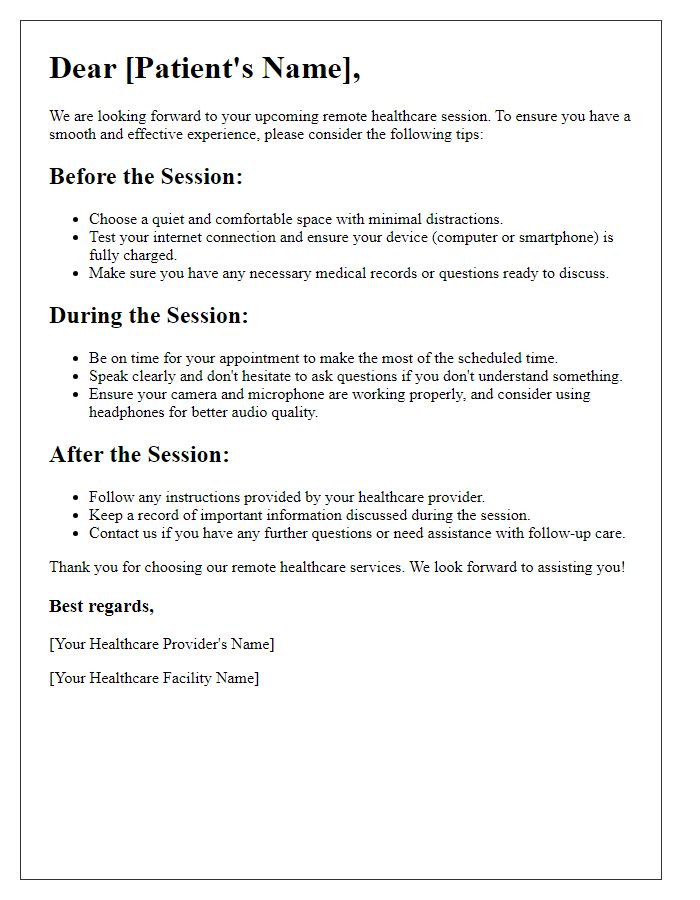
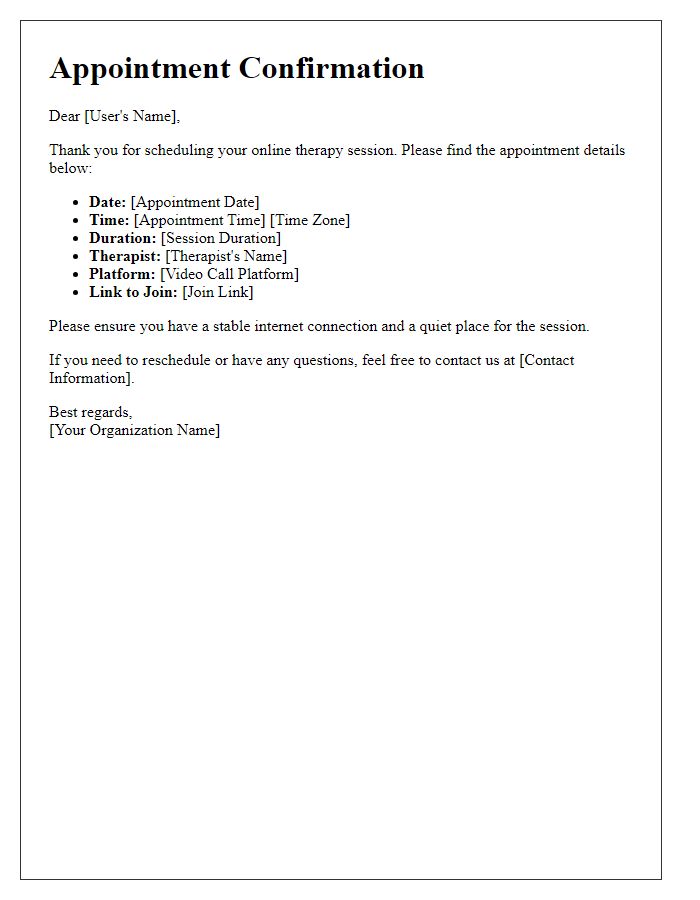


Comments